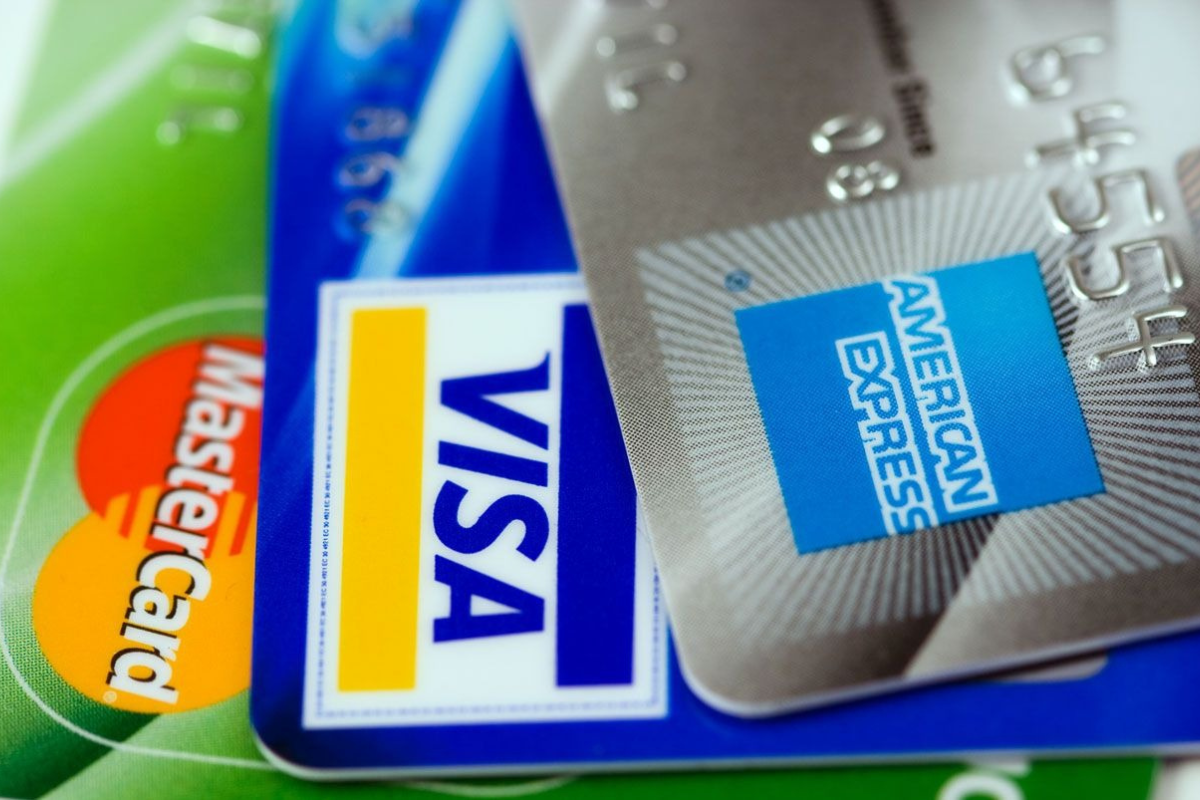Post Disclaimer: This blog reflects the author's personal experience with end-of-life matters and is provided in good faith for informational purposes only. While we aim to provide clear guidance on hard-to-find topics, this content is not legal advice and your use is at your own risk. Estate planning and end-of-life laws vary by location, so please consult your state's laws and seek guidance from a licensed attorney for your specific situation. We make no warranty about the accuracy or completeness of this information, which does not replace professional legal counsel. For more information, please see our full disclaimer.
Managing the aftermath of a loved one's death is a heart-wrenching experience, compounded by the confusion that comes with managing their bills and debts.
Understanding your financial responsibilities in these tough times is crucial, as every detail matters when tying up the loose ends.

Understanding Your Responsibilities
When someone close to you passes away, the legal and financial responsibilities are likely overwhelming.
As Consumer Financial Protection Bureau indicates, debts typically do not disappear.
They must be understood and resolved through the deceased's estate.
Identifying Outstanding Bills
The first step is knowing which bills and ongoing payments were left unsettled.
Start by sifting through bank statements and previous bills.
This effort includes searching through their mail and emails for regular payments that are pending.
Subscriptions or automatic payments should be identified quickly to avoid unnecessary costs.
According to the McCreary Law Office, setting priorities between cancellation and maintaining essential services can help simplify the process.
Understanding the Deceased's Estate
The estate is a critical factor in deciding which bills need payment.
An estate includes the deceased’s finances and assets and dictates payouts according to state laws and obligations.
Executors or administrators, usually appointed through the will or by the court, carry the responsibility for managing these affairs.
For further guidance, refer to Debts and Deceased Relatives, which provides insights into how estates handle dues.

How to Pay Bills for a Deceased Person
Taking on the role of managing your loved one’s finances includes paying off their existing debts.
Here's how to start.
Obtaining Letters of Testamentary
First, acquiring letters of testamentary is essential. These legal documents, as explained in our guide on Letters of Testamentary, authorize an executor to control the estate and manage financial decisions, including payments.
These letters give legal freedom and responsibility.
Payment Sources and Methods
Once you have the authority, identify available funds within the estate to manage expenses.
This can include leftover funds in checking accounts, savings, or retrieving insurance policy proceeds.
Take caution if considering using personal funds, as navigating repayments through the estate might be complex.
Money Helper offers strategies to streamline these financial engagements post-bereavement.

Dealing with Creditors
Creditors require prompt notification when someone passes.
By staying proactive, misunderstandings can be minimized.
Informing Creditors
Communicating with creditors is an imperative step.
Inform them of the death with a copy of the death certificate, maintaining clear and timely contact.
The creditors’ role isn't to make life more difficult during mourning; rather, most are open to cooperation once they are aware of the situation.
The U.S. Consumer Financial Protection Bureau stresses the importance of this communication.
Negotiating Debt Payments
Handling debt does not mean agreeing to burdensome payments immediately.
Consider dialogues about negotiation for feasible payment plans or settlements which might better suit the estate’s current capabilities.

Emotional and Practical Support
Amid all these logistical challenges, don’t ignore the emotional weight that comes with managing a deceased loved one's finances.
Seeking Professional Help
Enlist the assistance of professionals where necessary.
Estate attorneys and financial advisors provide guidance to navigate complex financial decisions and ensure compliance with state laws.
Their expertise can bring clarity to a relentless stream of demands.
Support Networks and Resources
Lean on support systems available through various resources and networks.
Support groups and counselors can offer a generous amount of emotional encouragement, while other family members and friends may offer valuable practical support.

FAQs: Managing A Deceased Loved Ones Bills
What happens to the deceased's credit card debt?
Credit card debt after death typically becomes the responsibility of the deceased person's estate, not their family members or spouse (unless it's a joint account or required by state law).
When someone dies, their estate - which includes all assets and property - must go through probate, where the executor uses estate funds to pay off creditors in a specific order determined by state law.
Credit card companies must be notified of the death and provided with a death certificate, after which they may file a claim against the estate.
If there aren't sufficient assets in the estate to pay all debts, credit card debt is usually considered "unsecured debt" and may go unpaid - creditors must generally write off the loss, as they cannot legally pursue surviving family members for payment unless they were co-signers or joint account holders.
However, in community property states (Arizona, California, Idaho, Louisiana, Nevada, New Mexico, Texas, Washington, and Wisconsin), a surviving spouse may be responsible for credit card debt incurred during the marriage, even if they weren't on the account.
Are there any government benefits for dealing with these expenses?
Several government benefits may help cover expenses after a loved one's death, depending on circumstances.
Social Security provides a one-time death benefit of $255 to eligible surviving spouses or dependent children.
Veterans may qualify for burial allowances through the VA, which can include up to $2,000 for service-connected deaths or up to $796 for non-service-connected deaths, plus additional cemetery and burial plot benefits.
If the deceased was employed at the time of death, their employer may offer death benefits or life insurance payouts.
Additionally, some state governments provide financial assistance for funeral expenses to low-income families, and FEMA has offered COVID-19 funeral assistance for deaths related to the pandemic.
Medicaid recipients may also qualify for funeral and burial assistance through state programs, though coverage and eligibility requirements vary by location.
It's recommended to contact these agencies directly or work with a benefits counselor to understand specific eligibility requirements and application processes.
What if there are not enough assets to cover all debts?
When an estate lacks sufficient assets to cover all debts, it's considered "insolvent," and state laws establish a specific order of priority for debt payment.
Secured debts (like mortgages) and funeral expenses typically get paid first, followed by administrative costs, medical bills, and taxes.
Unsecured debts like credit cards usually come last and may go unpaid if funds run out.
The executor must be careful to pay debts in the legally required order to avoid personal liability.
Remaining unpaid debts are generally discharged, meaning creditors must write them off unless someone co-signed or was jointly liable.
Family members are not personally responsible for the deceased's debts unless they were co-signers, joint account holders, or live in a community property state where a spouse may be liable for debts incurred during marriage.
Creditors may try to pressure relatives to pay, but they are not legally obligated to do so if they weren't otherwise responsible for the debt.

Wrap-up: Managing A Deceased Loved Ones Bills
Managing financial responsibilities after a loved one's death isn't just about settling debts; it's about honoring their legacy.
By understanding how to pay bills for a deceased person, you're taking careful steps through a difficult process, making sure that you do right by their memory.
As mentioned earlier, if you find yourself needing more detailed information, our post on Understanding Letters of Testamentary provides additional guidance to help you manage these sensitive circumstances effectively.
Check out the downloadable checklist below to help you get started
Check out the Up & Doing glossary page for an alphabetical listing of key terms related to estate administration, funeral planning, and other end-of-life topics.




